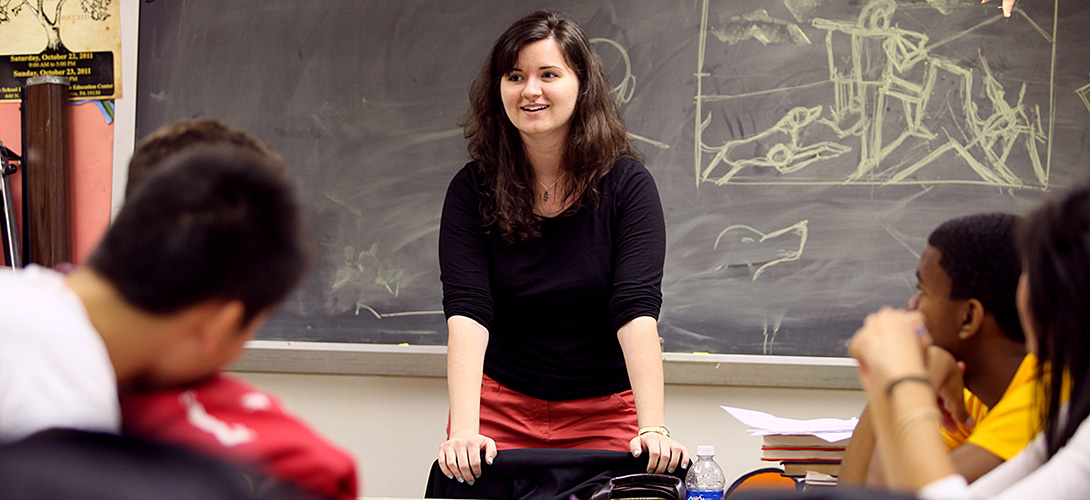Core Practice
What do we mean by core practice?
 Practice
Practice
Practice in complex domains involves the orchestration of understanding, skill, relationships, and issues of identity and power to accomplish particular activities with others in specific environments.
Core Practices in Teaching
Core practices in teaching are identifiable components fundamental to teaching that teachers enact to support learning. Core practices include both general and content-specific practices and consist of strategies, routines, and moves that can be unpacked and learned by teachers. Their enactment occurs within the complexities of teaching and thus cannot be decontextualized from the histories and policies of schooling, where teaching occurs, or who students are. Core practices must be grounded in principles for high-quality, equity-centered instruction.
Examples of Core Practices:
General practices
- Orchestrating whole class discussion
- Modeling
- Providing instructional explanations
Subject-specific practices
- Identifying inquiry-worthy ideas in science
- Modeling historical thinking skills
- Facilitating text-based instruction of literary texts
Core Practices:
- Are central to the daily work of teaching
- Are central to supporting student learning
- Are fundamental to developing other, more complex practice
- Underlie many different curricula or approaches to teaching
Core Practices are NOT:
- A checklist of competencies
- Techniques divorced from principles & theory
